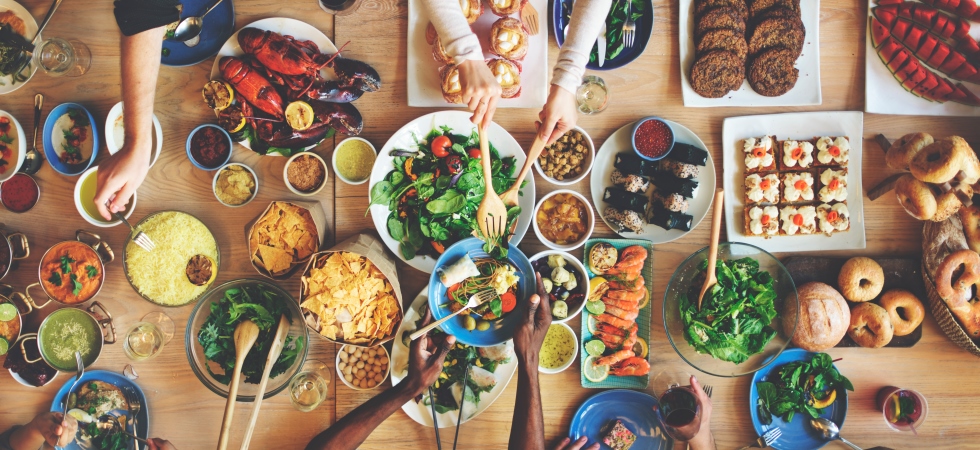Food Standards Scotland (FSS) has published new Ipsos MORI-commissioned research focussing on the public’s behaviour and attitudes towards food during the Covid-19 pandemic.
The online survey tracked food purchasing and consumption in Scotland for three months from May to July 2020, before the recent reopening of the hospitality sector.
Results from the latest wave, recorded between the 10th and 14th July, found that in the last month, around a third (28%) of respondents said they had healthier meals more.
Additionally, 33% of people said they purchased food from a takeaway less often compared to the period before lockdown, either directly because of cooking more at home, being concerned about the virus or the fact they were looking to save money.
In addition, 35% of people said they either bought less or no processed food, such as bacon and cured meats, but 37% said they snacked more on products high in sugar, salt and fat in the last month.
FSS chief executive, Geoff Ogle, said: “Our Covid-19 Consumer Tracker shows food behaviour in relation to nutrition changed during the bulk of lockdown.
“The importance of improving our diet and obesity problem was placed in the spotlight during this time, with the emergence of evidence of a link to an increased risk from Covid-19.
“It’s great some of us ate healthier meals more, but the nibbles were also a temptation. Being indoors more often and potentially having more time on our hands has made it difficult to avoid unhealthy snacks, such as cakes, biscuits, confectionery and crisps.
“When our meals are healthy it’s easy to forget around a fifth of the calories and fat we eat, and almost half the sugar comes from unhealthy snacks which offer very little nutritional value and should be enjoyed occasionally in small amounts.”









